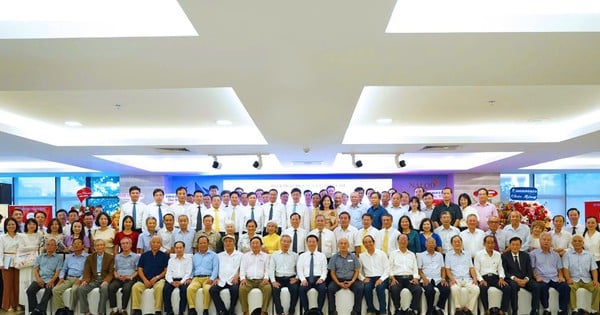China's Ministry of Commerce announced on July 3 that it will implement export controls on gallium and germanium-related items from August 1 to protect "national security and interests."
The move is seen as retaliation for US-backed sanctions on China's semiconductor industry.
Under the restrictions, companies will need Beijing’s permission to export strategic metals, and could face fines or criminal charges if they fail to do so.
However, Beijing's recent export controls may have a limited impact on the Pentagon's supply chain as US defense leaders look for alternative sources of supply, experts say.
Essential Materials
Chinese analysts say the export controls, especially on gallium, could hit the US defense industry at a time when the US is trying to contain China's military rise.
Gallium is widely used in advanced microelectronics, from semiconductors to LEDs, and has long been a key material in advanced defense systems and the US military supply chain. The metal is primarily used in high-power radars used by the US Navy and Marine Corps.

The latest radars for the F-35 stealth fighter also incorporate Gallium nitride (GaN), a compound of Gallium and one of the most basic materials for making radar transceiver modules. Photo: Global Times
Beijing’s goal is to disrupt the defense supply chain by challenging semiconductor export controls, and sees Washington’s “fear of vulnerability” as an opportunity to increase leverage against the country, said Eugene Gholz, associate professor of political science at the University of Notre Dame in Indiana, USA.
The United States does not have any domestic gallium production and relies solely on imports, making it necessary for Washington to secure gallium in its defense supply chain, the U.S. Geological Survey said.
Following news of Beijing's export controls, the Pentagon announced it holds a strategic stockpile of germanium but no gallium stockpile.
About 53% of US metal imports came from China in 2018-2021. China accounted for more than 95% of the world 's gallium production in 2020 and 2021. This means that the US and other Western countries will have difficulty avoiding using Chinese raw materials without paying significant costs.
Limited impact
Just days after China announced the new restrictions, the US strongly opposed the plan, accusing China of adding more tension to a bilateral relationship that is already plagued by economic and security issues.
“These actions underscore the need to diversify supply chains. The United States will consult with allies and partners to address this issue and build resilience in critical supply chains,” a Commerce Department spokesperson said in an emailed statement.
China's export controls, while expected to cause a shift in global gallium trade, will have limited impact in the defense supply chain as Washington finds alternative sources, Gholz said.

China's restrictions on exports of gallium and germanium, two key metals used to make semiconductors, have escalated a tech trade war over access to microchips with Europe and the US. Photo: CNBC
Bradley Martin, director of the National Security Supply Chain Institute and senior policy researcher at the RAND Corporation, agrees.
“The US companies, the defense industry, the industrial base and the players will probably say, ‘We have to find a substitute for gallium and we have to establish our own appropriate supply,’” Martin said.
The export restrictions are likely to have little short-term impact on defense companies, which tend to pre-purchase materials for critical systems, said Dak Hardwick, vice president of international affairs at the Aerospace Industries Association.
The Pentagon will eventually have to find alternative sources for gallium and germanium, “whether it’s direct mining, direct production, refining or direct production or from a recycling program from obsolete equipment,” Hardwick said, adding that the restrictions could prompt U.S. lawmakers to increase investment in critical minerals .
Nguyen Tuyet (According to SCMP, Reuters, Global Times)
Source




![[Photo] President Luong Cuong attends special political-artistic television show "Golden Opportunity"](https://vstatic.vietnam.vn/vietnam/resource/IMAGE/2025/8/22/44ca13c28fa7476796f9aa3618ff74c4)
![[Photo] President Luong Cuong receives delegation of the Youth Committee of the Liberal Democratic Party of Japan](https://vstatic.vietnam.vn/vietnam/resource/IMAGE/2025/8/22/2632d7f5cf4f4a8e90ce5f5e1989194a)

![[Photo] Prime Minister Pham Minh Chinh chairs the conference to review the 2024-2025 school year and deploy tasks for the 2025-2026 school year.](https://vstatic.vietnam.vn/vietnam/resource/IMAGE/2025/8/22/2ca5ed79ce6a46a1ac7706a42cefafae)































































































Comment (0)